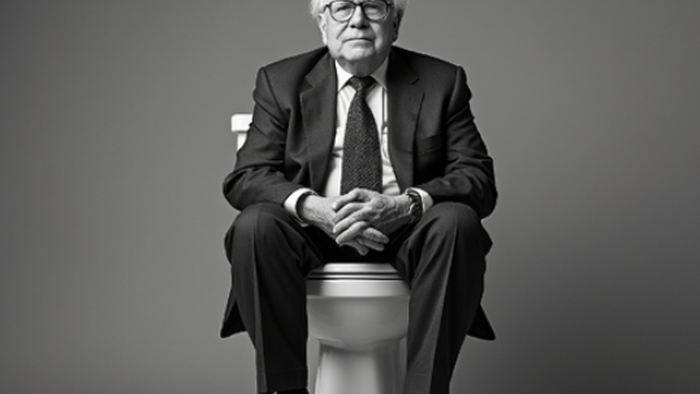Warren Buffett’s Berkshire Hathaway has recently engaged in a significant sell-off of its shares in Bank of America (BofA), raising eyebrows and concerns in the financial world. This sell-off, which began in mid-July, has continued for several months and, according to the latest Bloomberg data, has resulted in proceeds exceeding $10 billion from the sale of BofA shares. The motivations behind this abrupt selling spree have not been made public, but many analysts interpret it as a potentially ominous sign that Buffett, often regarded as the ‘Oracle of Omaha,’ may foresee economic difficulties on the horizon. The implications of these actions warrant closer examination, particularly given Buffett’s history of strategic investment moves.
During the last three trading days alone, Berkshire Hathaway sold approximately $383 million worth of BofA shares, a continuation of a trend that has been exerting downward pressure on the bank’s stock prices. Prior to these sales, Berkshire’s investment in BofA was already substantial, totaling $31.35 billion, making it the company’s largest shareholder. Interestingly, Buffett’s stake in the bank has now decreased to 10.1%. This figure is significant as it indicates that further selling could drop Berkshire below the 10% regulatory threshold, a move that would no longer require the company to report additional share sales to the Securities and Exchange Commission (SEC). This regulatory nuance may influence the timing and strategy behind Berkshire’s moves.
The context of this selling raises several theories regarding Buffett’s motivations. Speculations include concerns over an overvalued market, the risk of a recession on the horizon, and potential downturns in consumer behavior. Additionally, there is unease about possible regulatory investigations into anti-money laundering, particularly concerning fentanyl cash laundering, which could extend to major U.S. financial institutions. These factors suggest a climate of caution in the face of economic uncertainty, compelling Buffett to reevaluate the value and stability of his investments in one of America’s largest banks.
On top of this, there is a noteworthy consideration regarding Buffett’s cash reserves, which have reportedly reached record highs. The accumulation of such liquid assets amid a significant reduction in equity positions points to a shifting strategy that favors preparedness and flexibility in the face of potential economic downturns. Such a posture contrasts sharply with Buffett’s actions during the financial crisis of 2008, where he openly advocated for investment in American companies. The current trend of selling rather than buying suggests a more defensive strategy, indicative of reduced confidence in the immediate economic landscape.
Additionally, it’s important to highlight that Buffett has also reduced his stake in Apple by half, which further underscores his current investment strategy focused on mitigating risk and possibly reallocating resources. The cumulative effect of these decisions sends a strong signal to investors about the declining confidence in certain segments of the market and the broader economic environment. Buffett’s actions may also serve as a cautionary tale, suggesting that even seasoned investors are wary of the prevailing uncertainties in the market.
In conclusion, Warren Buffett’s sell-off of Bank of America shares represents a complex interplay of strategic financial maneuvering amid signs of anticipated economic turbulence. While the precise motives behind this decision remain unofficial and speculative, the magnitude and nature of the sell-off embody a shift in Buffett’s approach to investment—one that leans towards caution. As Berkshire Hathaway retains a significant stake in BofA despite the sell-off, the investment community remains watchful of further developments, particularly in light of concurrent reductions in other high-profile holdings, including Apple. Ultimately, these actions from the iconic investor warrant ongoing analysis as they reflect broader economic trends and investor sentiment in these uncertain times.

